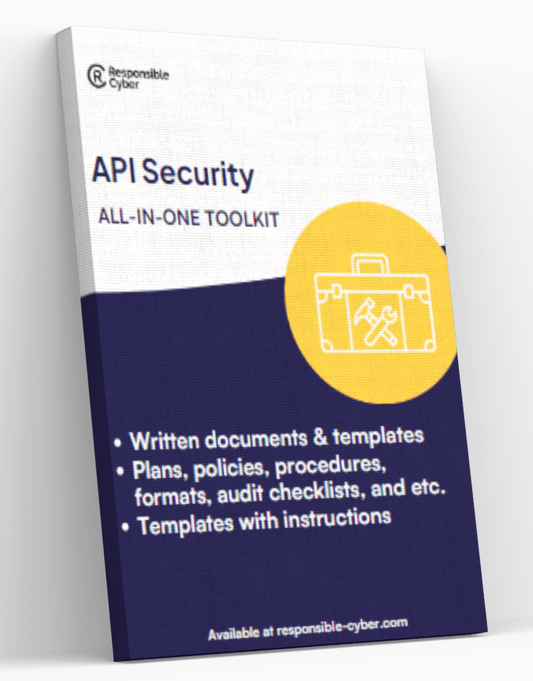Understanding Routers vs. Firewalls: What Do You Really Need?

Whether you're setting up a home office, managing a bustling household, or running a small business, understanding the role of network devices like routers and firewalls is fundamental. But what exactly are these devices? How do they differ, and why is each important for a secure network? This comprehensive guide will take you through the essentials of routers and firewalls, helping you discern which you need—or whether you might actually need both.
What is a Router?
Let’s start with the basics. A router is a device that connects multiple networks together. In most homes and businesses, this means linking your local network to the internet. A router directs incoming and outgoing internet traffic on that network in the most efficient way possible, ensuring that data gets sent quickly and reliably to the right destinations.
Routers perform a few critical functions:
- Traffic Direction: Routers manage traffic between devices and the internet. For instance, if you send an email from your computer, the router directs the email to your internet service provider, which then sends it out to the wider internet.
- Network Creation: Routers help create a network of devices. This can be a local area network (LAN) where devices are interconnected within a relatively small area, like a home or office, or a wide area network (WAN), which spans a larger geographic area.
- IP Address Assignment: Through a process called Dynamic Host Configuration Protocol (DHCP), routers assign IP addresses to each device on your network, ensuring devices can be uniquely identified and communicate effectively.
What is a Firewall?
While a router manages traffic, a firewall is all about security. It acts as a barrier between your internal network and external networks (like the internet), monitoring and controlling incoming and outgoing network traffic based on security rules.
Here’s what firewalls do:
- Traffic Filtering: Firewalls scrutinize all incoming and outgoing data packets based on predefined security rules. If a packet doesn’t meet the security criteria, it’s blocked.
- Protection Against Cyber Threats: By managing data that enters and leaves the network, firewalls help protect your network from potential threats such as viruses, worms, and hackers.
- Monitoring and Logging: Firewalls log traffic information, which can be crucial for troubleshooting network issues, performing audits, and detecting any suspicious activity.
Routers vs. Firewalls: The Differences
Although both routers and firewalls deal with network traffic, they serve different purposes. A router’s primary function is to route data to its intended IP address within or outside the network, whereas a firewall’s main job is to protect the network by filtering traffic and blocking unauthorized access based on specific security rules.
In many small office or home networks, the router also has a built-in firewall. These integrated devices are convenient for general use but might lack the advanced security features a separate firewall can offer.
Why Both May Be Necessary
For a home user, a router with an integrated firewall is often sufficient. However, for a business or any environment where sensitive data is handled, it's wise to invest in a separate firewall for several reasons:
- Enhanced Security Features: Dedicated firewalls come with more sophisticated security features and finer control over traffic rules, providing better protection against complex threats.
- Increased Performance: Separating the duties of routing and security can help enhance the performance of your network. A dedicated firewall can handle security tasks without compromising the router’s speed and efficiency.
- Scalability: As your business grows, your network will also need to scale. Dedicated firewalls are better suited for scaling up and handling more complex network architectures.
Choosing What You Need
Choosing between a router, a firewall, or both depends on your specific needs:
- For Home Users: Most modern routers come with adequate firewall capabilities that are sufficient for personal use. They protect against most common cyber threats and provide reliable network management.
- For Small Businesses: Small businesses should consider a router with a built-in firewall for start-up configurations, but be prepared to upgrade to a dedicated firewall as the business grows, especially if sensitive information is involved.
- For Larger Enterprises: In environments where security is paramount, or where the network needs to handle large volumes of traffic, a separate high-quality router and a robust enterprise-grade firewall are recommended.
Understanding the distinctions and roles of routers and firewalls is key to building a secure and efficient network. While routers focus on directing traffic, firewalls protect the networks by controlling the flow of outgoing and incoming data based on stringent security protocols. For most home settings, a router with built-in firewall features might be enough, but for businesses or any setting where data security is critical, investing in a separate, dedicated firewall is advisable.
By choosing the appropriate devices according to your needs, you ensure not only the efficiency of your network but also its security, safeguarding your digital information against potential threats and vulnerabilities in an increasingly connected world.











